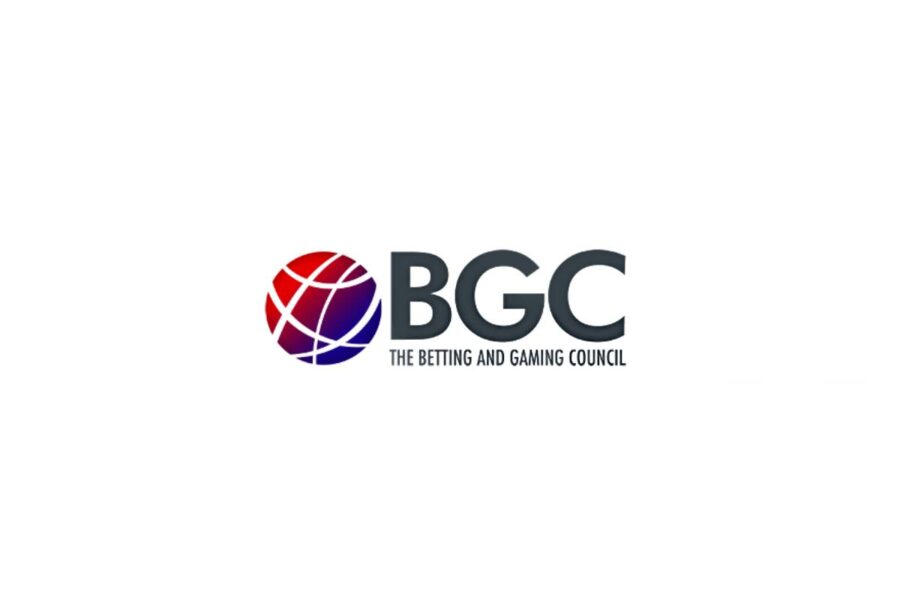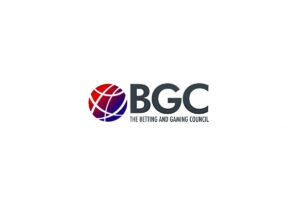BGC clarifies stance on proposals for mandatory gambling levy

The UK lobby group says it would now welcome a levy on gambling operators under two vital conditions.
UK.- The industry lobby group, the Betting and Gaming Council (BGC), is coming around to the idea of a mandatory levy on gambling operators to pay for gambling harm research, education and treatment (RET). However, it wants certain conditions putting in place.
The measure has been discussed as a potential outcome of the UK government’s review of gambling legislation. While the BGC has previously criticised the proposal, arguing that the current voluntary system of donations was working, it’s now changed its stance.
It says it would welcome a mandatory levy to fund RET services as long as it is independent and tiered to protect land-based gaming operators. It argues that the system must ensure the independence of funding allocation and that there should be a sliding scale and smaller percentage contributions from land-based gambling businesses, which it says have disproportionately higher fixed costs for things like premises and staff.
At one point last year, it had been rumoured that the government had ruled out a mandatory gambling levy, but the BGC says it is now concerned the government may announce a blanket 1 per cent fee on all operators.
It warned that like other businesses working on the high street or in the hospitality and entertainment sectors, land-based operators, such as bingo, casinos and betting shops, are facing severe economic headwinds, including a slower than expected post-Covid recovery, rising fixed operating costs and high inflation, which is also putting pressure on customers.
BGC industry analysis suggests that a blanket 1 per cent statutory levy on land-based operators would be the equivalent of between a 10 and 15 per cent hit on post-tax profits because of the fixed costs which do not equally apply to online operators.
It said that casinos support 15,000 jobs and contribute £300m in tax while betting shops support 42,000 jobs and pay £800m to the Exchequer.
BGC CEO Michael Dugher said: “I have said for some time that I am relaxed about a so-called statutory levy given that the money is already on the table from BGC members, it is already allocated independently of the industry and given that it was the BGC who proposed to government last year that contributions should be mandatory.
“But we want to see continued sustainable funding for RET provided it recognises the fact land-based operators are under greater cost pressures, so there has to be appropriate mitigation, and that funds continue to be distributed effectively and genuinely independently.
“Our largest members already pay 1 per cent to fund RET services via a wholly independent system. For the BGC and our members, the priority is ensuring the money reaches charities doing exceptional work and funds truly independent, evidence-led research. The mechanism used to generate those funds is an irrelevance by comparison. I also know that there were some in the NHS who had previously said they wouldn’t accept funding that came from the industry, so it is welcome that they now appear willing to do so.
“The industry’s biggest companies committed an extra £100m to tackle gambling-related harm from 2019 through a new independent and voluntary levy. They have gone further and will have donated £110m by 2024. They also give more in other ways including a £10m harm prevention programme for school-aged children delivered by leading charities YGAM and GamCare, which has reached over two million youngsters. This money is allocated completely independently of the industry and we rightly have no say on how or where it is spent. All of this is in addition to the £4.2bn we generate in tax – money that already helps fund the NHS.
“What’s important is that the money goes to helping the tiny minority of people who need it, not wasted on the cottage industry of anti-gambling prohibitionists, masquerading their biased work as ‘research’.
“But most importantly, any new system must be tiered to protect land-based operators like bingo, casinos and betting shops, who have disproportionately higher fixed costs because of buildings and tens of thousands of staff. They are still struggling post-covid, like every other retail, hospitality and entertainment business, with all the difficult economic headwinds.
“The government claim they believe in low regulation and low taxes for businesses, so they need to avoid this new tax leading to job losses or more businesses going bust.”
The BGC noted that over the past 20 years it has contributed millions to fund RET through its voluntary levy, which it says funds an independent network of charities that treat around 85 per cent of all problem gamblers who receive treatment in the UK. Its four largest members pledged an additional £110m to be administered by GambleAware by March 2024.











